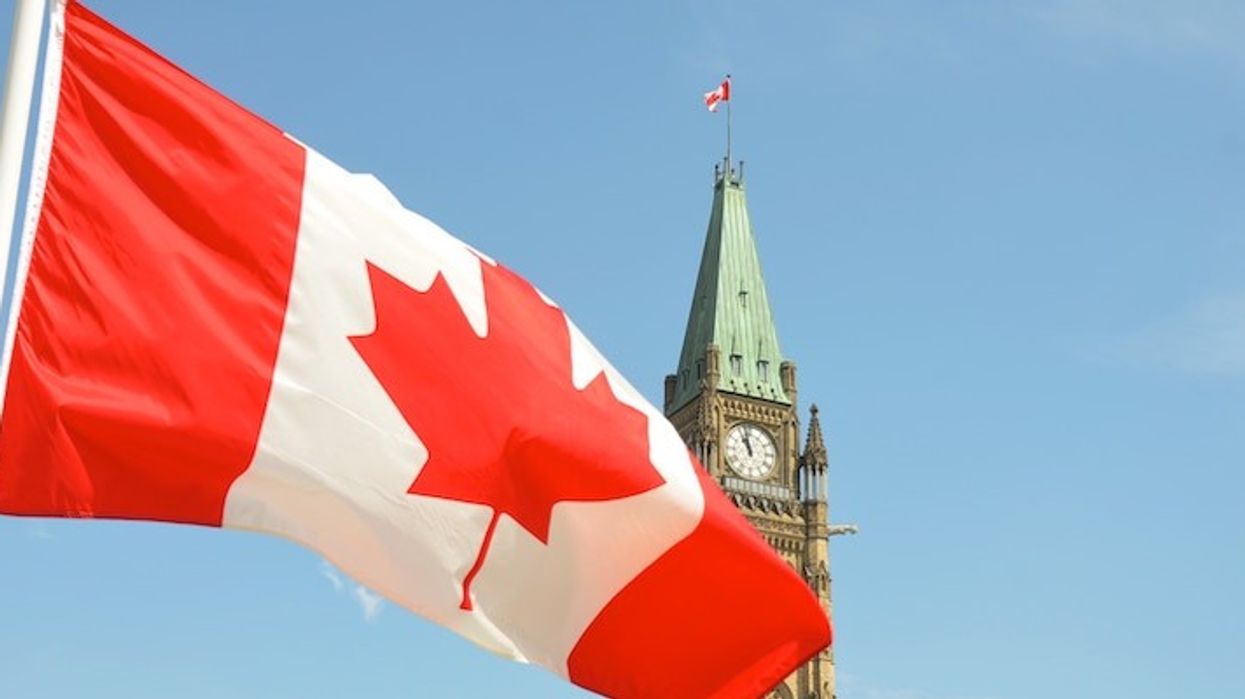The Bank of Canada said Wednesday it has maintained the key interest rate at 0.25%, which the bank considers its effective lower bound, after lowering its target for overnight rates 150 basis points over the past three weeks.
The bank also announced a new round of new measures to provide additional support to Canada’s financial system to combat some of the economic impacts of the coronavirus.
READ: Canada’s GDP shrinks 9% in March
As the pandemic took hold of the country in March, companies have been forced to close their doors, which has led to an "unprecedented" drop in employment, with more than one million jobs lost. This, coupled with more residents staying home as much as possible to stop the spread of COVID-19, has led to a steep and sudden drop in business activity and consumer spending, which the bank believes will have a dramatic impact on Canada's economy in the months ahead.
In its quarterly monetary policy report, the bank said it's unable to provide a complete forecast “given the uncertainty surrounding the outlook,” however, it outlined two alternative recovery scenarios under which real GDP would shrink this year.
The bank suggests real GDP would fall by 1 to 3% in the first quarter and would contract by 15 to 30% in the second quarter, both compared to the fourth quarter of 2019.
"Despite a high level of uncertainty, these estimates suggest that the near-term downturn will be the sharpest on record," said the bank.
And while the bank suggests it doesn't see a scenario where it would put its rate into negative territory, the bank says it's introduced more measures to further help support the economy. This includes lending operations to financial institutions and asset purchases in core funding markets, amounting to around $200 billion.
Under its previously-announced program, the bank says it will continue to purchase at least $5 billion worth of federal government debt every week in order to support the economy. In Wednesday's announcement, the bank says it will now also purchase provincial bonds worth $50 billion and an additional $10 billion to buy corporate securities.
"These measures will work in combination to ease pressure on Canadian borrowers," the bank said.
This news comes on the same day Statistics Canada released GDP figures for March and the first quarter of the year.
According to the report, the Canadian economy saw an overall decline in GDP of 9% last month, marking the single largest one-month decline since records began being kept in 1961. For context, the first quarter of 2009, directly following the 2008 financial crisis, saw a contraction of 8.7%.





















